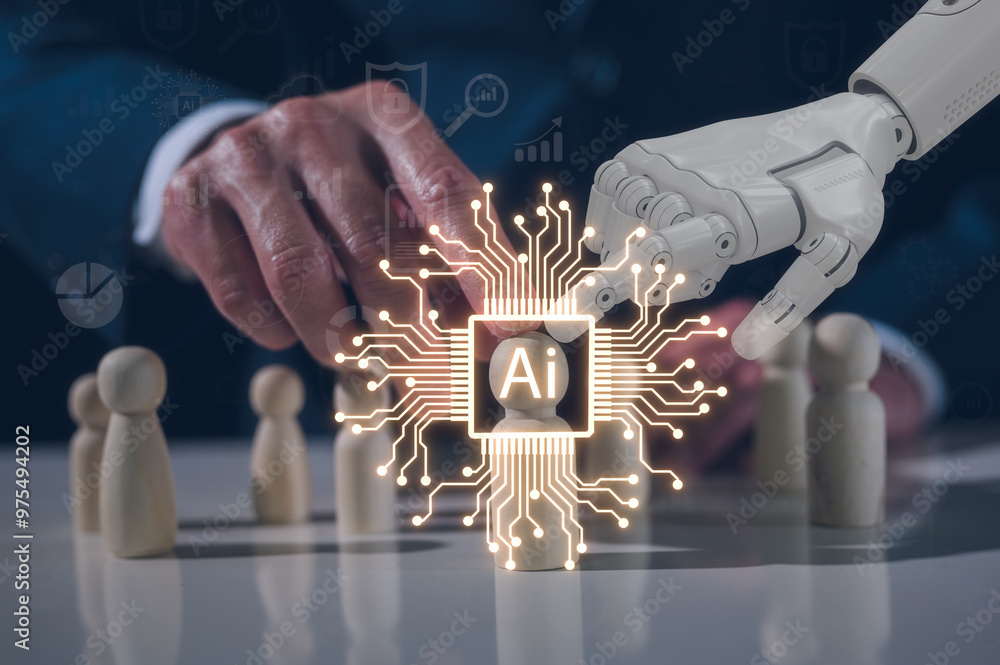Generative AI has been a game-changer in so many areas of society. Employment in particular has been an area of rapid AI adoption.
It’s no secret to candidates that employers are leveraging AI in screening large volumes of job applicants, and it’s no secret to employers that candidates are using AI to update resumes and write cover letters.
Gen AI in the Interview Process
But the remote nature of the labor market that emerged in the wake of the COVID-19 pandemic has added another twist to the use of AI in the application process: candidates have been using generative AI in real time to help respond to interview questions during remote interviews.
It’s pretty easy for a remote interviewee with multiple monitors to pull up the video call on one screen and a generative AI application on another. Some tools are even capable of listening to interviewer questions and suggesting responses without the applicant even needing to type a new prompt for each question.
Discerning Remote Candidates’ AI Use
But data suggests that the use of AI during video interviews isn’t always as discreet as candidates may think.
PDRI recently conducted an experimental study to find out how well interviewers could detect candidates using AI during a live video interview and whether AI-generated responses are high-quality. Some of the findings include:
- Using AI exclusively during interviews to respond to questions was detectable by interviewers. Repeated buzzwords and vague responses were tells.
- AI answers were best when technical in nature, worse when behavioral. Questions designed to measure more general competencies and skills are less amenable to AI assistance compared to technical questions. AI is less capable of producing high quality behavioral responses that require candidates to convincingly relate their nuanced experiences and unique contributions.
- AI can produce sensible responses to follow-up probing questions, but these responses tend to be vague and not compelling.
To combat the use of Gen AI during the interview process, interviewers should use shared, standard rating criteria and undergo robust interviewer training.
The good news: While some job applicants are leveraging AI to help respond to interview questions, survey data suggests that this approach is not quite a silver bullet for applicants. Still, as Gen AI tools continue their rapid advances, the day is likely not far off when interviewers will be unable to determine whether a candidate or their preferred generative AI tool came up with that exceptional response.
Lin Grensing-Pophal is a Contributing Editor at HR Daily Advisor.

